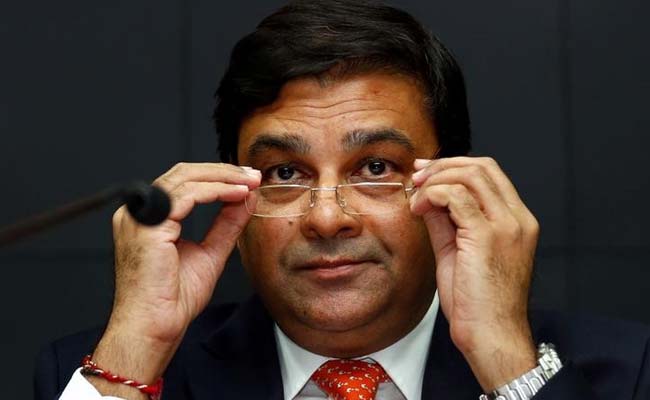Parliamentary Committee Query regarding Note Ban: The long-awaited question-answer round by the panel has finally come to its conclusory stage. RBI Governor Urjit Patel on Wednesday told the parliament’s Standing Committee that the process of demonetisation had started in November.

Parliamentary Committee Query regarding Note Ban
Urjit Patel had earlier said in a written response to the parliament’s Standing Committee query that the proceedings of the demonetisation policy had begun one day prior it was implemented i.e. on November 7. On the same day, the Union government had ‘advised’ the Reserve Bank of India to demonetise the high denomination notes of Rs 500 and Rs 1000.
He told the committee that Rs 9.2 lakh crores of the new currency notes have been introduced to replace the old high denomination demonetised notes. Furthermore, he said that the note ban move was originally initiated by the government.
Patel said that despite the decision being that of the government, the Reserve bank of India had thought out the repercussions of the policy and came to a conclusion that it should be implemented for the benefit of the economy. “RBI was cognizant of the likely impact of demonetisation on the economy…the impact was assessed to be transitory and beneficial in the long run.”
The officials of the finance ministry had also appeared before the committee, however, the officials had denied revealing details on the new legitimate currency printed so far. Furthermore, they also did not answer about how much of the banned currency has been deposited in the banks since the implementation of the demonetisation policy.
Parliament’s Standing Committee is headed by the Congress leader Veerappa Moily. Critics are of the view that the autonomy of the apex bank was put at stake for the commencement of the demonetisation move.







